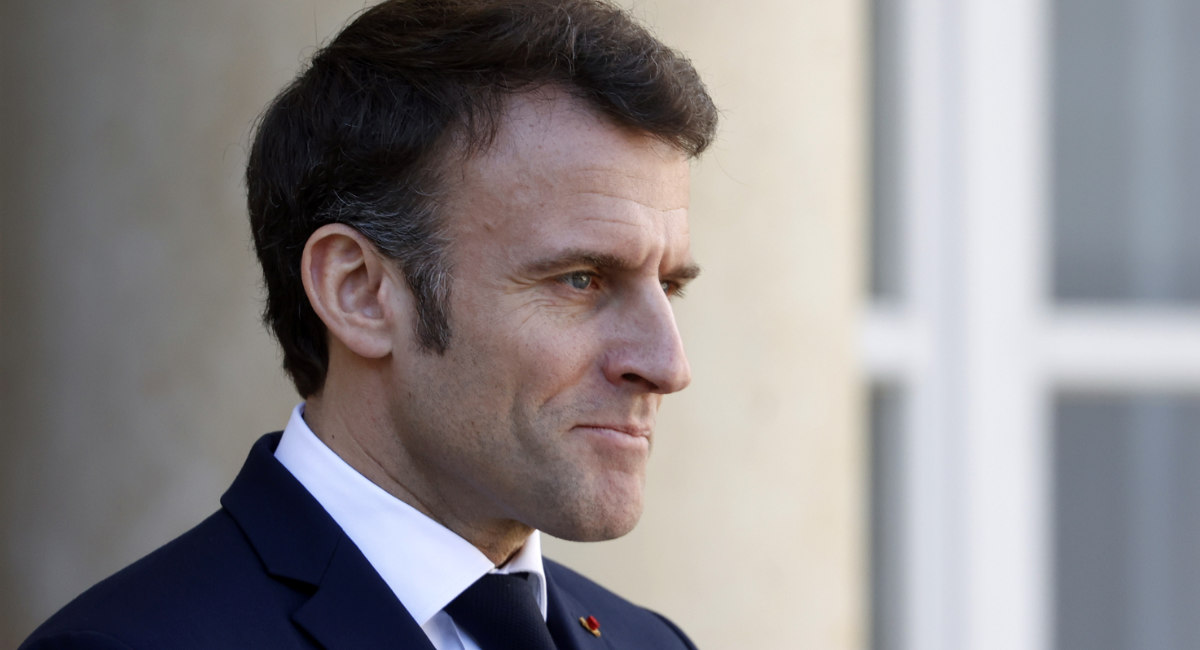France’s President Emmanuel Macron announced Monday that the country will be introducing legislation to legalize assisted suicide and euthanasia later this year.
The announcement comes on the heels of the conclusion of a citizens’ panel implemented to determine if the country should consider assisted death legislation. Established in November, the panel consisted of 184 citizens chosen at random who came together to debate whether or not the country should revamp its current laws, which allow doctors to stop life-sustaining treatments, but not to actively kill their patients. An overwhelming majority of 76% of panel members ruled in favor of legalizing euthanasia, prompting Macron to declare that legislation would be drafted.
Any formal legislation will first need to be approved by the French parliament.
“The convention’s decision carries with it a requirement and an expectation for a French model for the end of life. We will respond to it,” Macron said.
Both the panel and Macron suggested that any approved legislation will include parameters, such as the need to fully consent to the procedure, and the exclusion of children. Though such stipulations are almost always in place when a country or state legalizes assisted suicide and euthanasia, they are also routinely rolled back. Canada, Belgium, Hawaii, Oregon, and California are classic examples of where that has happened.
Strikingly, the citizens’ panel also concluded that it would like to see greater strides in palliative care, which is specialized treatment aimed at mitigating suffering and improving the quality of life of ill and elderly patients.
“I want we draw up a ten-year national plan to treat pain and ensure palliative care with the needed investments,” Macron said in response to this call. However, as has been seen elsewhere around the world, it is difficult to boost palliative care while also pushing for the legalized killing of the sick and suffering.
According to The Guardian, the country’s national council of doctors, l’Ordre des Médecins, remains opposed to legalized euthanasia. A doctor “cannot deliberately provoke death,” the council argued.








